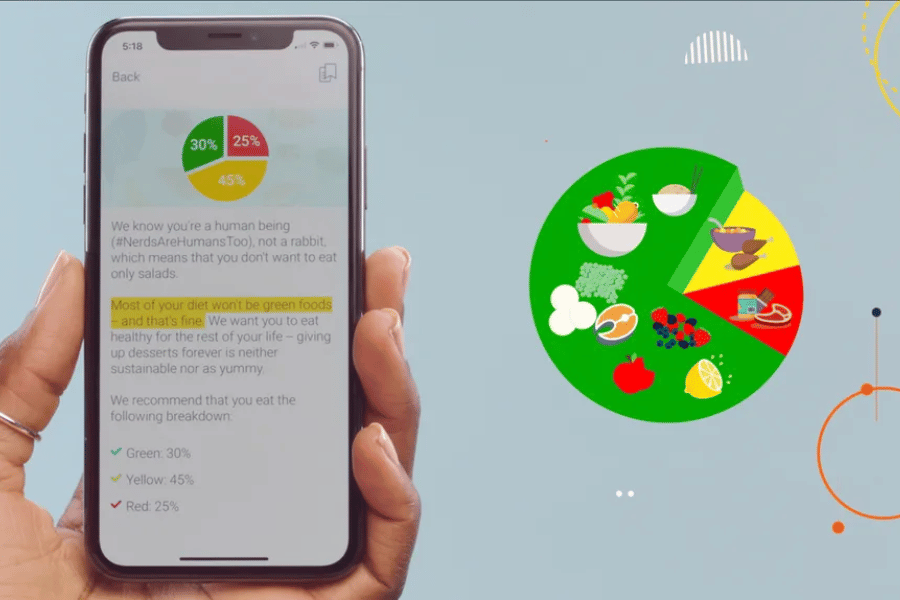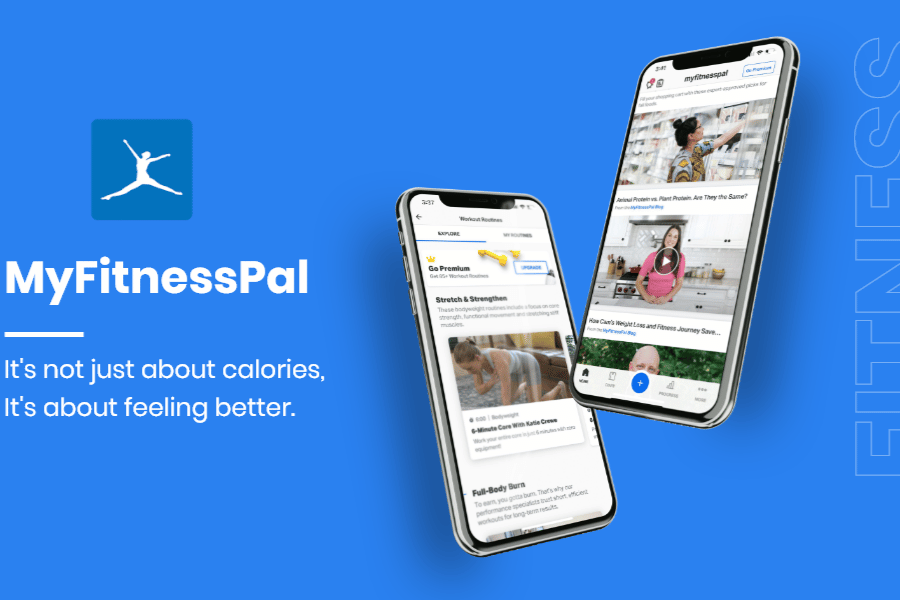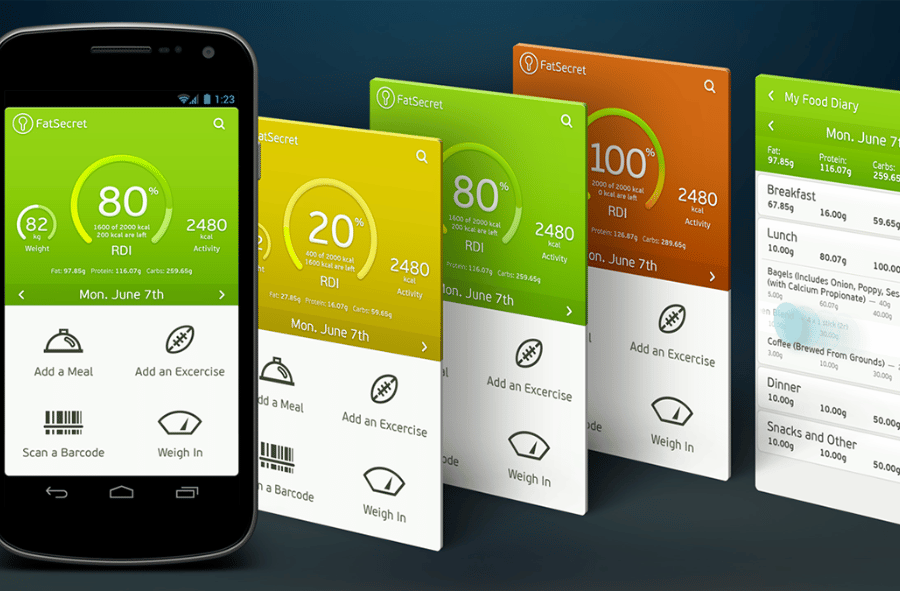As the New Year unfolds, many of us embrace the tradition of setting resolutions, often focusing on self-improvement and personal health goals. In 2024, one of the key tools at the forefront of achieving these objectives is the weight loss calculator. This innovative tool has become essential for individuals looking to streamline their fitness journey, offering a blend of convenience and precision.
The evolution of weight loss calculators mirrors the advancements in health and technology sectors. These tools are no longer just about inputting calories; they have become sophisticated systems that adapt to our unique physiological profiles, lifestyle choices, and fitness goals. In this dynamic era, staying informed about the latest trends and tips in weight loss calculation is vital for effective and sustainable weight management.
In this article, “New Year, New You: 2024 Weight Loss Calculator 5 Trends and Tips,” we explore the cutting-edge developments in this field. From advanced technologies to holistic health integration, we’ll guide you through the essential trends that are shaping the way we approach weight loss in 2024.

Trend 1 – Advanced Weight Loss Calculator Technology
2024 has ushered in a new era of advanced weight loss calculator technology, making the journey to fitness more personalized and efficient than ever before. Here’s a look at the latest advancements:
- AI and Machine Learning Integration: Modern weight loss calculators now employ Artificial Intelligence (AI) and machine learning algorithms. This technology allows for a more nuanced analysis of individual data. As fitness expert Dr. Hannah Lee explains, “These AI-driven calculators can adapt to your changing body metrics, offering tailored advice for more effective weight loss strategies.”
- Personalized Data Analysis: Today’s calculators go beyond basic input like weight and height. They analyze a range of personal data including eating habits, exercise routines, and even genetic predispositions. This level of personalization ensures that recommendations are highly specific to each user’s needs.
- Examples of Popular Advanced Calculators: Some of the leading names in this space include MyFitnessPal, which has evolved to offer more personalized diet tracking, and Fitbit’s integrated calculator that syncs with your physical activity data for real-time adjustments to your fitness plan.
These advancements represent a significant leap from traditional weight loss tools, offering users a more comprehensive, tailored approach to achieving their fitness goals.

Trend 2 – Holistic Health and Wellness Integration
The approach to weight loss in 2024 has transcended beyond mere calorie counting. The new trend focuses on integrating holistic health and wellness factors into weight loss calculators, acknowledging that true fitness extends beyond the scale. Let’s delve into how this is being actualized:
- Incorporating Broader Wellness Factors: Contemporary weight loss tools are now considering elements like mental health, sleep patterns, and stress levels. Dr. Maria Gonzales, a wellness expert, emphasizes, “Weight loss is not just about physical factors; mental well-being and quality rest are equally vital.” These calculators analyze how these aspects interplay with dietary habits and exercise routines, offering a more rounded view of health.
- The Impact on Sustainable Results: By including holistic health metrics, these advanced calculators can tailor more sustainable and healthy weight loss plans. They recognize that factors such as poor sleep or high stress can significantly impact weight management efforts. As a result, users receive guidance that encompasses not just what they eat or how they exercise, but also how they manage stress and sleep.
- Real-World Application: An example of this holistic integration can be seen in apps like Calm and Headspace, which now offer modules on mindful eating and stress management as part of their weight loss tracking features. This holistic approach is gaining traction for its effectiveness in achieving long-term, sustainable weight loss and overall well-being.
This trend signifies a shift towards a more comprehensive, health-focused approach to weight loss, underscoring the importance of a balanced lifestyle for optimal results.
Trend 3 – Mobile Apps and User-Friendly Interfaces
In 2024, the rise of mobile apps with user-friendly interfaces has revolutionized how we interact with weight loss calculators. This trend is about making weight management accessible and engaging for everyone. Let’s explore its significance:
- Growing Popularity of Mobile Apps: With smartphones being an integral part of our daily lives, weight loss calculator apps have become increasingly popular. They offer the convenience of tracking your fitness journey on the go. Health tech analyst Sarah Klein notes, “Mobile apps have brought the power of sophisticated weight management tools right to the user’s fingertips.”
- Enhancing User Engagement: These apps aren’t just about functionality; they also focus on user experience. With intuitive interfaces, interactive features, and personalized notifications, they make the process of managing weight both easy and enjoyable. For instance, apps like Lose It! and MyPlate use gamification techniques to motivate users, turning weight loss into a rewarding experience.
- Notable Apps in the Market: Some of the best weight loss calculator apps of 2024 include:
- Noom: Known for its psychological approach to weight loss, blending calorie tracking with behavior change strategies.
- MyFitnessPal: Offers comprehensive diet and activity tracking, along with personalized insights.
- FatSecret: Features a community aspect, allowing users to share experiences and tips.
The ease and practicality offered by these apps have made them a staple in weight management routines, illustrating how technology can be leveraged to support health and wellness goals.

Trend 4 – Social and Community Support
The year 2024 has seen a significant shift towards incorporating social and community support into weight loss calculators. This trend recognizes the power of collective motivation and shared experiences in the journey towards weight loss. Let’s explore how this is making a difference:
- Enhancing Motivation through Community: Weight loss is often more successful and sustainable when there’s a support system. Many apps and online platforms now integrate social features, allowing users to connect, share progress, and offer encouragement. Fitness psychologist Dr. Emily Sanders explains, “Social support can be a key determinant in maintaining motivation and achieving weight loss goals.”
- Online Communities and Peer Support: Platforms like SparkPeople and MyFitnessPal have thriving online communities where users can join forums, participate in challenges, and share success stories. These interactions foster a sense of belonging and accountability, which can be incredibly motivating.
- Success Stories and Case Studies: There are numerous instances where community support has significantly contributed to an individual’s weight loss journey. For example, John Doe attributed his 50-pound weight loss success to the constant encouragement and tips he received from fellow members in a weight loss app’s forum.
This trend highlights the importance of emotional and psychological support in weight loss, proving that the journey doesn’t have to be a solitary one.
Trend 5 – Data Privacy and Security
As weight loss calculators and apps become more sophisticated and data-driven in 2024, the importance of data privacy and security has come to the forefront. This trend is crucial, given the sensitive nature of personal health data. Let’s delve into how companies and users are addressing these concerns:
- Companies Prioritizing Data Security: With the increasing reliance on digital health tools, companies are investing more in securing user data. Encryption, secure login processes, and anonymized data handling are becoming standard practices. Cybersecurity expert David Miller notes, “Data protection is paramount in health-related apps, and companies are stepping up to ensure user data is safeguarded.”
- User Awareness and Responsibility: While companies play a major role in data protection, users also need to be vigilant. This includes using strong passwords, being cautious about sharing personal information, and understanding the privacy policies of the apps they use.
- Navigating Data Privacy Concerns: Users are becoming more discerning about where and how their data is stored and used. Transparency from app developers about data usage is now a key factor in the choice of weight loss calculators and apps. For instance, apps like HealthifyMe and Fittr provide detailed privacy policies and give users control over their data sharing preferences.
- Tips for Safeguarding Personal Information: Users are advised to regularly update their apps, use reliable antivirus software, and avoid sharing sensitive information over unsecured networks.
This trend towards prioritizing data privacy and security reflects a growing awareness of the value and vulnerability of personal health data in the digital age.
Frequently Asked Questions (FAQ)
As we embrace the advancements in weight loss calculators in 2024, it’s natural to have questions. Here, we address some of the most common inquiries:
- How Accurate Are Advanced Weight Loss Calculators?
- Advanced calculators are increasingly accurate, thanks to AI and personalized data analysis. However, as nutritionist Dr. Amy Patel remarks, “While these tools provide a good baseline, individual variations in metabolism and lifestyle mean they should be used as a guide rather than an absolute measure.”
- Can Weight Loss Calculators Account for Dietary Restrictions or Allergies?
- Yes, many modern calculators allow users to input dietary restrictions and allergies. This customization ensures the dietary advice is not only effective for weight loss but also safe and suitable for individual health needs.
- What Are Some Effective Strategies for Maintaining Motivation When Using These Calculators?
- Setting realistic goals, celebrating small wins, staying engaged with the app’s community, and regularly tracking progress can help maintain motivation. Behavioral psychologist Dr. John Koenig suggests, “Keeping a visual diary within the app can be a powerful motivator.”
- Are There Any Potential Downsides to Relying on Weight Loss Calculator Apps?
- Over-reliance on these apps without considering holistic health aspects can be a downside. It’s important to balance what the app suggests with intuitive eating and listening to your body’s cues.
- How Can I Ensure My Data is Secure When Using These Tools?
- Use apps from reputable companies, regularly update your app, read and understand the app’s privacy policy, and use strong, unique passwords.
Related Posts :
- En Low Carb Diet Plan Top 7 Secrets For Weight Loss Success R1ap
- En George Conway Weight Loss Is His Method Suitable For Everyone 6m9y
- En Decoding Diet Trends 2024 Do Apple Cider Vinegar Gummies Help You Lose Weight Insights From 400 Users Jlmp
- En Intermittent Fasting Dr Berg 987r
- En How To Drink Apple Cider Vinegar For Weight Loss In 1 Week Strategies 44ae